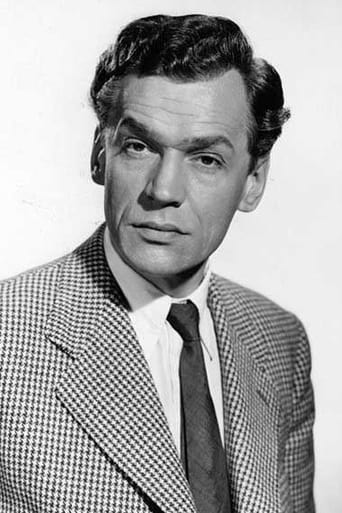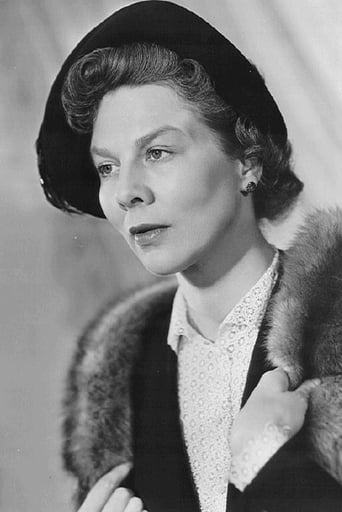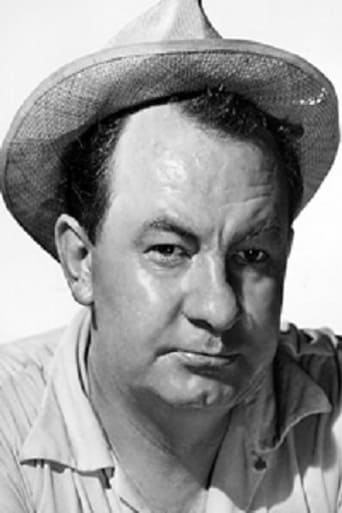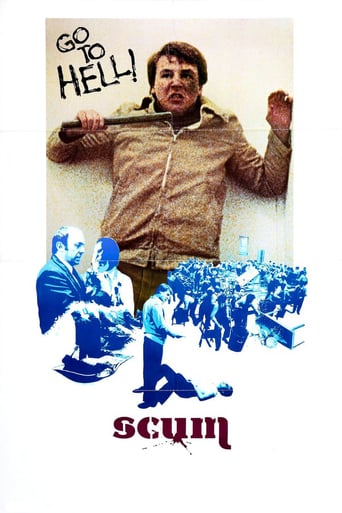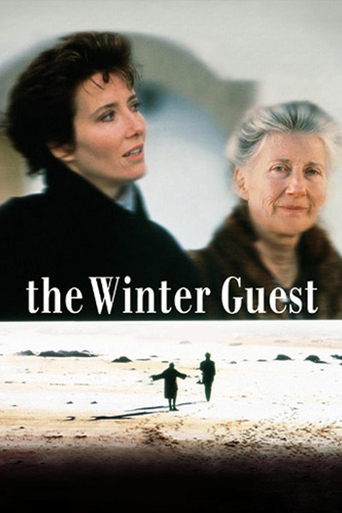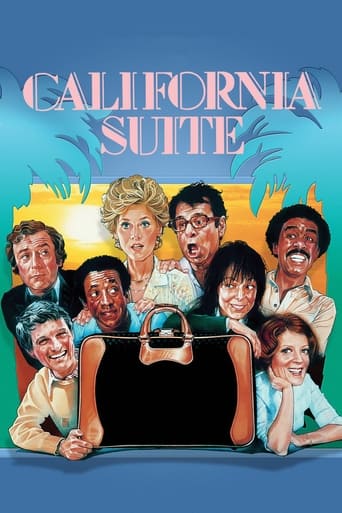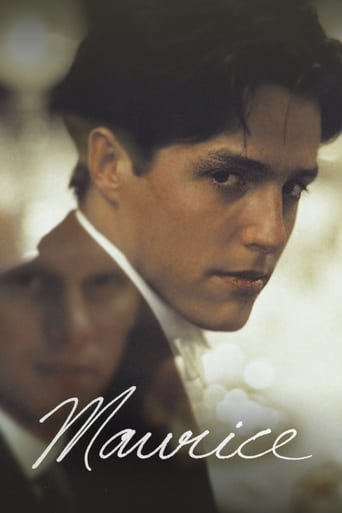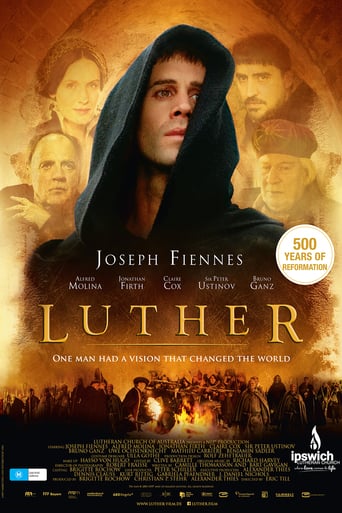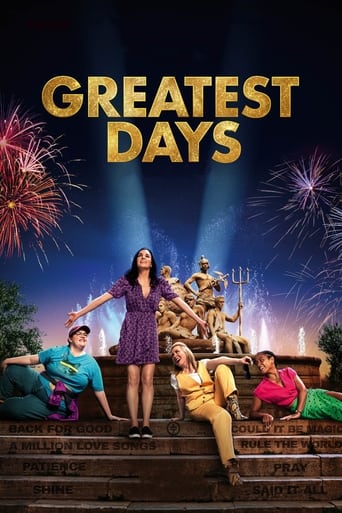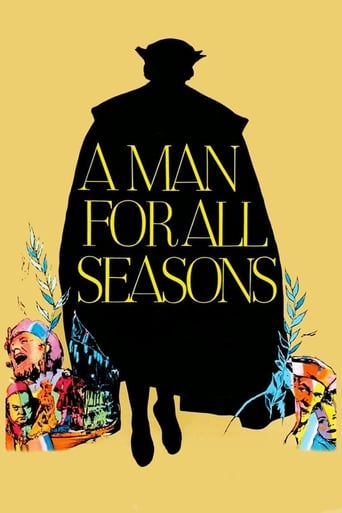
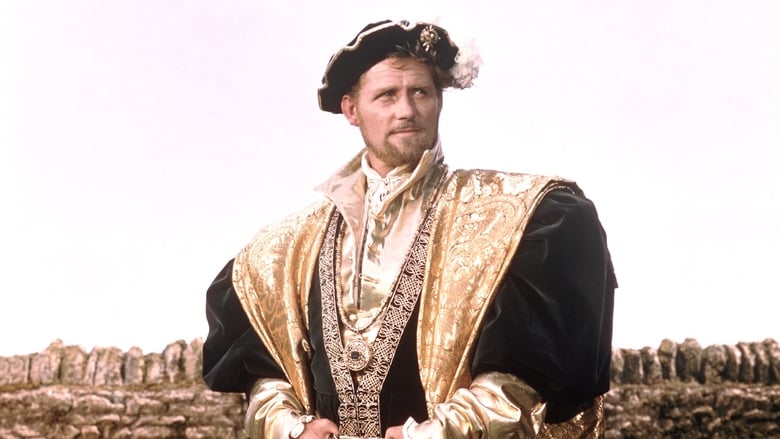
A Man for All Seasons (1966)
A depiction of the conflict between King Henry VIII of England and his Lord Chancellor, Sir Thomas More, who refuses to swear the Oath of Supremacy declaring Henry Supreme Head of the Church in England.
Watch Trailer
Cast
Similar titles

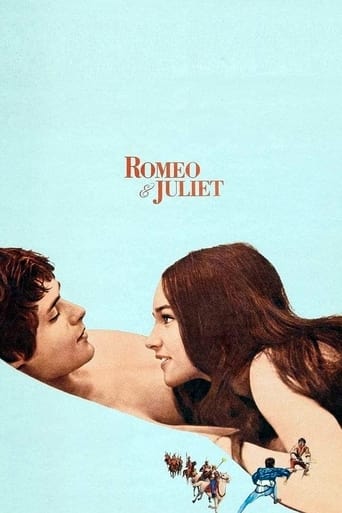
Reviews
Excellent but underrated film
The performances transcend the film's tropes, grounding it in characters that feel more complete than this subgenre often produces.
It's entirely possible that sending the audience out feeling lousy was intentional
This is one of the best movies I’ve seen in a very long time. You have to go and see this on the big screen.
So far removed are we from the Sixteenth Century that it's virtually impossible to comprehend the devotion to one's religion shown by Sir Thomas More (Paul Scofield) in "A Man For All Seasons". I had a cursory insight into the events surrounding More's stoic judgment and eventual demise way back in my high school days some half century ago, but to see the machinations that led to his execution is something else again. More made the decision, some would call it a mistake, to forego 'minimizing the inconvenience of things', and instead remained resolute in opposing the marriage of King Henry VIII (Robert Shaw) to Anne Boleyn (Vaness Redgrave) upon securing a divorce from Lady Catherine. I wouldn't know what parts of this story might be called into question for historical accuracy, but as an overview of the circumstances surrounding Henry VIII, More, and functionaries like Cromwell (Leo McKern) and the Duke of Norfolk (Nigel Davenport) all seem to bear credibility. As a period drama and cinematic achievement, there aren't many finer films, and the only exception I would take with the production is something the movie actually earned an Oscar for, that of Best Costume Design for a Color Movie. Yes, it did have that, but if you take a discerning look at the clothing of players like King Henry III and the guests at his wedding celebration, all of it looked like it was brand new and made specifically for the picture and not part of a Sixteenth Century, every day wardrobe. A minor niggle, but it just struck me as odd.
My blunt response for 1966's A Man for All Seasons is that it's a great movie. The Academy voters seemed to agree with me back then because it was the Best Picture winner at the Academy Awards that year. The movie appealed to me because of a variety of reasons. I love the history background, and I learned some things about a time period I'm not too familiar with. Quite frankly, not many people know much about the events during the 15th and 16th centuries, and the topic of this movie is a major event. The film is about a man named Sir Thomas More who died because he believed in his principles on how to live a Catholic life, and unfortunately those principles clashed with the ideas of England's ruling figure, King Henry VIII. I also loved the performances in the film, especially from Paul Scofield who delivered an immense, emotional performance as More. Like all films trying to recapture the time period, I loved the look of the film. They seemed to have caught the basic grasp of what England looked like in the 1500's. Finally, the themes are worth watching this movie. It shows that a person should not be afraid to speak their beliefs, even if that results in persecution. The theme has always existed in reality and even more so in today's world with political beliefs, racial beliefs, and even sexual beliefs.To delve into the historical background of the movie is the same as describing the plot of the film so here goes. Sir Thomas More (Paul Scofield) is a very popular figure in England. The chancellor has a loving family which includes his wife, Alice (Wendy Hiller) and his daughter, Margaret (Susannah York). His king, King Henry VIII (Robert Shaw) is determined to break from the Roman Catholic Church because he wants to divorce his wife and remarry a different woman. More disagrees with the king's decision, and he respectfully resigns his chancellor post in hopes to live his life out as a private citizen. But the King has other ideas, and he wants a public announcement from More saying he agrees with the King. But More refuses, and his silence may be his biggest punishment of all. But also his silence shows that it can sometimes be louder than words.Fred Zinnemann's feature has excellent performances all across the board. In researching the making of the film, I discovered that the director, Zinnemann had to fight to get Paul Scofield to play Sir Thomas More. The producers originally feared he wasn't a big enough name for the general audience. It is a good thing they changed their mind because Scofield delivered the performance of the decade, and he had previous acting experience as the chancellor. He originally played More in plays at London's West End and on Broadway, earning him the Tony Award. Scofield went on to win an Academy Award for his portrayal of More. I enjoyed Robert Shaw's colorful performance as King Henry VIII. Some people say he overacts at time by screaming. It's true that Shaw screamed often in his limited screen time, but that was how the King acted in real life. Wendy Hiller does a fine job as More's loving wife who is also suffering due to her husband's silence. This film also opened the eyes of the pubic to John Hurt, who was an unknown at the time. Hurt played Rich, an assistant of Thomas More but later on double-crossed him. Orson Welles delivers a brief, but good performance as Cardinal Wolsey, the head cardinal of England.I really enjoyed watching the film and see all these fine performances take shape. The second half of the film is emotional. Those who knows their history knows that More was executed for his beliefs. His execution doesn't take place on the screen, but the persecution More faces due to his silence is heartbreaking. Back then, people were not given the freedom of speech or expression as we are lucky to have it today. More never objected to the king's actions. He just never said a word and he paid the price. In a sense, he was seen as a martyr. He could be one of the main influences on why humans today have the right to speak their mind.A Man for All Seasons is an excellent film for all the reasons I have mentioned in the review. The movie is more of a character-driven film thanks to the snappy screenplay adaptation by Robert Bolt, so do not expect much in the way of action. The screenplay is dialogue-driven, and I loved the words or in some cases, no words at all. It delivered a fresh breath of air to More and it informed modern audiences what happened 500 years ago and why it's important to know what happen. It's full of wonderful performances, especially the much-heralded performance of Scofield. The movie looks great, sounds great, and is just overall a great movie. Remember, never be afraid to speak your beliefs. You can believe whatever you want to believe, and that is what Sir Thomas More told the world in 1530.My Grade: A
Perhaps I'm influenced by how I admire More, but I believe the way the film portraits the man is outstanding. More is a witty man that struggles to live up to the highest moral standards; regardless of what we think about them, I believe most people have this struggle too. Perhaps this is what I like about the movie, it inspires me to live up to be an honest, hardworking man in a country where drugs and corruption are everywhere. But the movie is outstanding in the settings and costumes too. And the script is also great. The only thing I would change of the movie is it's pace. We are used to faster paced movies nowadays and the parsimonious rhythm is slow for some people I've shared the movie with.
A Man for All Seasons is an excellent, dialog-driven film about a time in our history, which quite frankly, many people do not know about. The movie takes place in England at a time where monarchy prevailed and divorce was frowned upon. The film also has a main theme saying that silence sometimes can be louder than words. The film may be character- driven, but it is certainly a fascinating study of this time period. As a history buff, I can appreciate the kind of art this film is. People may find this dry, but I find it fascinating. This film is about a man named Sir Thomas More and his infamous silence opposing the corrupt King Henry VIII when he ignored the Roman Catholic Church in regards to divorcing his wife Catherine in order to marry Anne Boleyn. The film has a fine cast and they all do an excellent job. Paul Scofield was masterful as Thomas More and he breathed life into his character as we, members of the audience, learned how big silence can be. Robert Shaw gave a likable, over-the-top performance as King Henry VIII. Orson Welles delivered a fine performance as the cardinal. John Hurt, in one of his early roles, was great as the young Rich. Overall, A Man for All Seasons makes for a fine history lesson. Being somewhat familiar with this time period, I was able to gain more in- depth information about the kind of man Sir Thomas More was. The script was dialog heavy, but I felt like that was appropriate for the kind of film it is. I had a rich experience watching the movie and I hope others can appreciate this history lesson. My Grade: A
